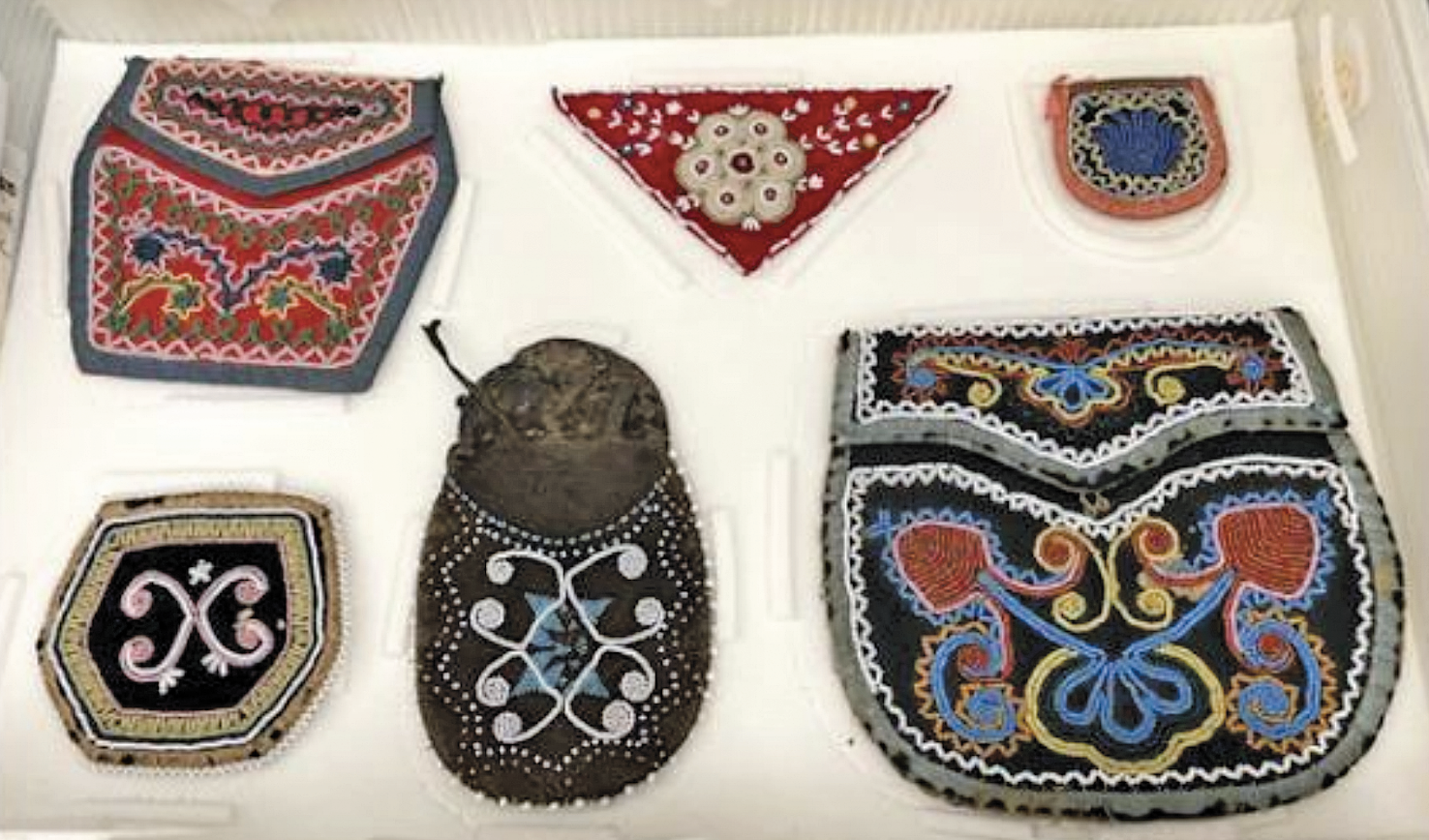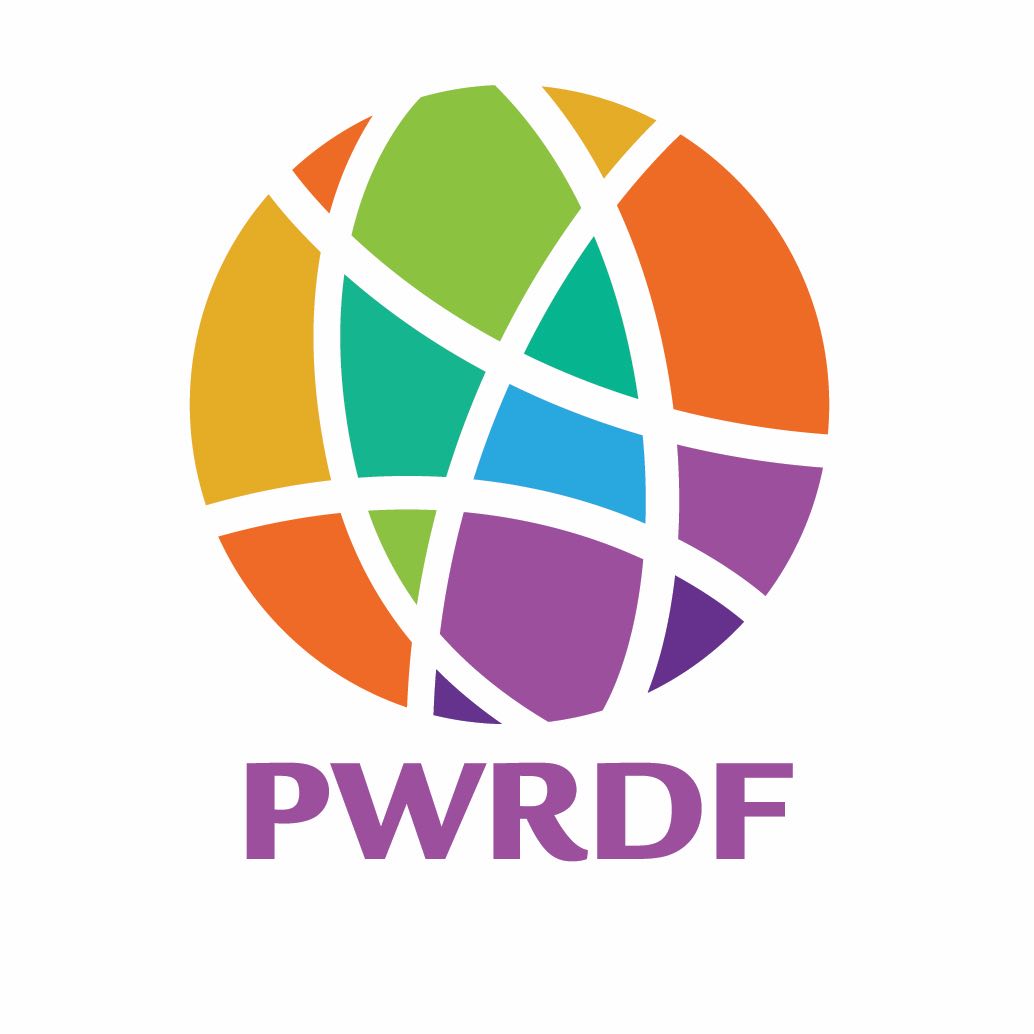The Primate’s World Relief and development Fund ( PWRDF) is often associated with development projects in the global south or emergency responses in the global north, but PWRDF is equally as involved in an Indigenous Partnership Program in Canada and Latin America. Here are a few Canadian examples.
Providing Clean Water—Access to clean water continues to be a significant challenge for many First Nations residents, especially in remote communities. Since 2013, Pimatsiswin Nipi (Living Water) Group has partnered with PWRDF and Pikangikum First Nation to provide safe drinking water and indoor plumbing in Northwestern Ontario, as 400 of approximately 500 homes are without running water. The program has focused on the most vulnerable, such as Elders who have diabetes or require dialysis or special care. It has also trained and employed 18 youth community members to install water and wastewater systems.
Developing Entrepreneurial Skills—Because Indigenous youth face multiple barriers in competing for funds for entrepreneurial opportunities, Nuu-chaw-nulth Economic Development Corporation (NEDC) in British Columbia initiated an Indigenous Youth Business Strategy Program. In 2019, PWRDF provided one-time seed funding for the project, which offers training opportunities and microloans that enable Indigenous youth to launch viable businesses. The youth have made consistent loan repayments, so investment of interest monies has helped sustain this revolving fund.
Bringing Home Artifacts—The return of ancestral artifacts to their rightful First Nations peoples is an important step in reconciliation. In Nova Scotia, the Mi’kamwey Debert Cultural Centre (MDCC) has overseen the transfer of a Mi’kmaw collection stored at the Smithsonian Institution in Washington, D.C. Working with knowledge holders and experts, MDCC will now be the repository for the Mi’kmaw Nation’s own cultural materials. The transfer will create economic benefits for the Nation, the region, and Canadian tourism.
Supporting a Harm Reduction Program—1JustCity consists of three drop-in community centres in Winnipeg, Mantoba’s core neighbourhoods. The project fosters wellbeing among Indigenous community members seeking support with healing intergenerational trauma and abuse, and provides direct support to community members living with substance use disorders. The program, implemented by an Elder-in-residence and a Harm Reduction/Outreach Program worker, focuses on individuals experiencing homelessness or without safe/secure housing.
Revising a High School Curriculum—The Gyets (Western) Gitxsan Indian Residential School (IRS) Program in British Columbia assists survivors of Indian Residential Schools, their communities, and families to receive tools to heal and learn. Recognizing the need for new approaches to Indigenous education, PWRDF is supporting the development of a new curriculum that will reconnect local youth to their traditional culture.
Lastly, with guidance from the Indigenous Program Advisory Committee (IPAC), PWRDF launched the Indigenous Responsive Grant Fund in August 2021 to respond quickly to funding needs identified by Indigenous communities and organizations. PWRDF has already approved 13 projects for a total amount of $226,150. Some of these projects have contributed to healing intergenerational trauma, youth suicide prevention, COVID-19 response, Indigenous cultural preservation, traditional environmental protection, and knowledge sharing about Indigenous food and medicinal plants.
For further information see: https://pwrdf.org/wp-content/uploads/2023/07/Programs-and-Partnerships-Team-Report.pdf
To contribute to these and other PWRDF programs visit: pwrdf.org


